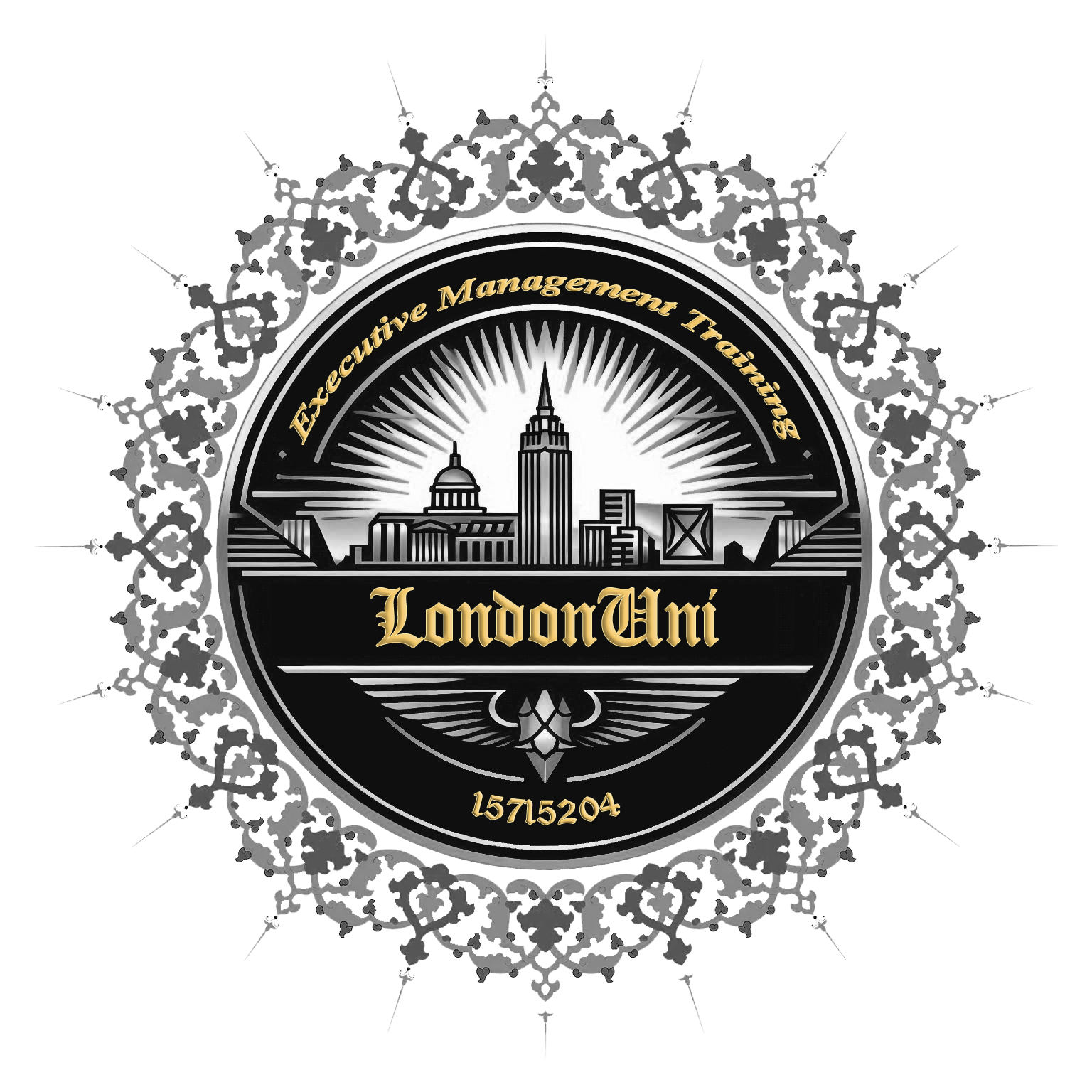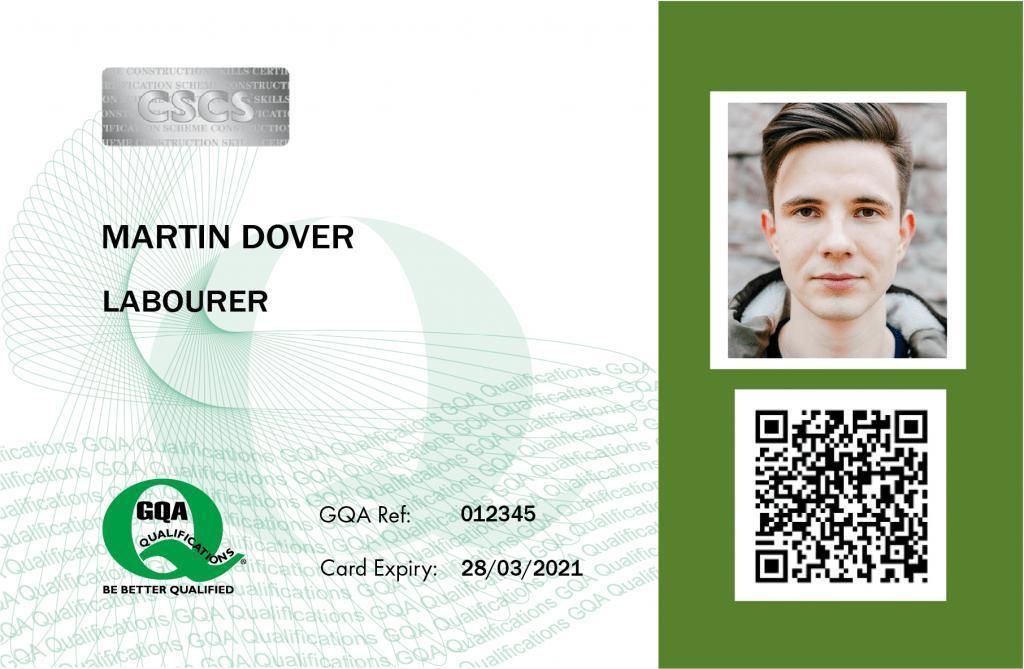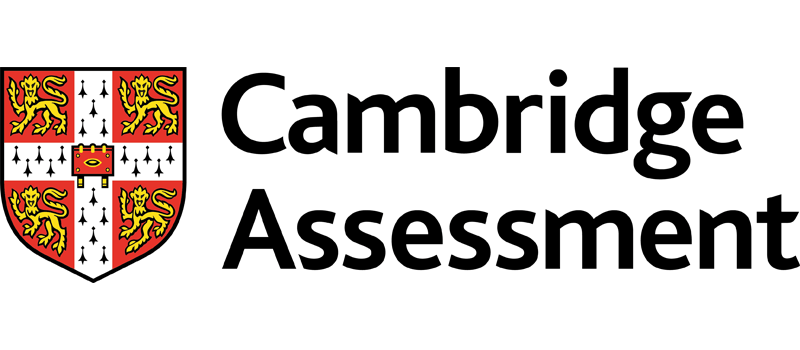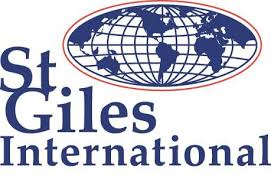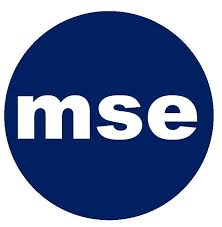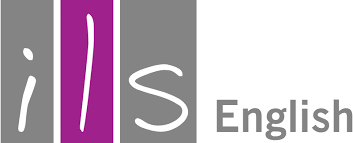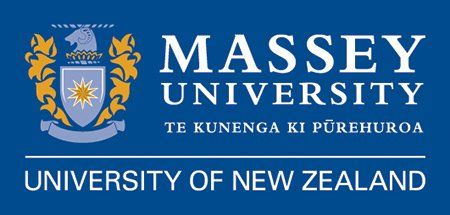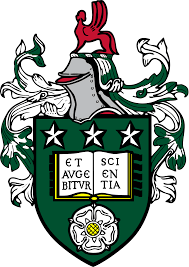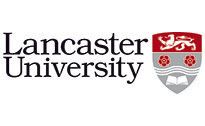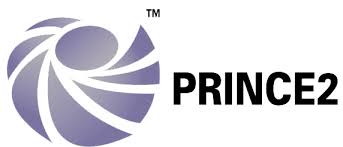
Diversity in Recruitment and Hiring
Course ID: 2507140101151ESH
Course Dates : 14/07/25 Course Duration : 5 Studying Day/s Course Location: London, UK
Language: Bilingual
Course Category: Professional and CPD Training Programs
Course Subcategories: Human Resources and Talent Development
Course Certified By: ESHub CPD & LondonUni - Executive Management Training
* Professional Training and CPD Programs
Leading to:
Executive Diploma Certificate
Leading to:
Executive Mini Masters Certificate
Leading to
Executive Masters Certificate
Certification Will Be Issued From :
From London, United Kingdom
Course Fees: £5,120.30
Vat Not Included in the price. VAT may vary depending on the country where the course or workshop is held.
Click to Pay
Date has passed please contact us Sales@e-s-hub.com
Course Information
Introduction
The modern workplace is evolving at an unprecedented pace, driven by globalization, technological advancements, and shifting societal values. Among the most transformative trends is the growing emphasis on diversity, equity, and inclusion (DEI) in recruitment and hiring practices. Organizations are increasingly recognizing that fostering diverse teams is not merely a moral imperative but also a strategic advantage. Research from McKinsey & Company highlights that companies with ethnically diverse executive teams are 36% more likely to outperform their peers in profitability. This course delves into the intricacies of integrating diversity into recruitment processes, equipping participants with the tools and insights necessary to build equitable and high-performing teams.
Despite widespread acknowledgment of its importance, many organizations struggle to implement effective diversity strategies in hiring. Common challenges include unconscious bias, lack of structured evaluation frameworks, and insufficient understanding of legal compliance requirements. For instance, a well-documented case involving a major tech company revealed systemic biases in their recruitment algorithms, which inadvertently favored male candidates over equally qualified female applicants. Such examples underscore the need for intentional, evidence-based approaches to address these gaps. This course addresses these challenges head-on, drawing on established theories such as the Social Identity Theory and the Contact Hypothesis to provide a robust foundation for understanding and mitigating bias.
The benefits of mastering diversity in recruitment extend beyond ethical considerations. Diverse teams bring varied perspectives, fostering innovation and enhancing problem-solving capabilities. A study published in the Harvard Business Review demonstrated that cognitively diverse teams solve complex problems faster than homogeneous groups. Moreover, organizations prioritizing diversity report higher employee engagement, retention rates, and customer satisfaction. By investing in this course, individuals and organizations can position themselves as leaders in creating inclusive workplaces that attract top talent and drive sustainable growth.
Participants will explore cutting-edge frameworks and industry best practices, including the Rooney Rule, blind recruitment techniques, and intersectional analysis. These methodologies have been successfully implemented by leading organizations, such as Salesforce, which revamped its hiring process to ensure gender parity across leadership roles. Through real-world case studies, attendees will gain actionable insights into adapting these strategies to their unique organizational contexts. The course also incorporates lessons from global initiatives, such as the UK’s Equality Act 2010 and Canada’s Employment Equity Act, to ensure alignment with international standards.
A critical aspect of this training is its focus on practical application. Participants will engage in interactive exercises, role-playing scenarios, and group discussions designed to simulate real-world hiring challenges. For example, one session will involve analyzing anonymized resumes to identify potential biases in decision-making. Another will guide participants through designing inclusive job descriptions that appeal to a broader candidate pool. These hands-on activities ensure that theoretical knowledge translates into tangible skills that can be immediately applied in professional settings.
Ultimately, this course represents a vital step toward transforming recruitment and hiring practices into catalysts for organizational success. By addressing systemic barriers and promoting equitable opportunities, participants will contribute to building workplaces that reflect the rich diversity of society. Whether you are an HR professional seeking to refine your expertise or a business leader aiming to enhance your organization’s competitive edge, this program offers the tools and insights needed to make meaningful progress in diversity and inclusion.
Objectives
By attending this course, participants will be able to:
Analyze the impact of unconscious bias on recruitment decisions and propose strategies to mitigate its effects.
Evaluate existing hiring processes to identify areas for improvement in promoting diversity and inclusion.
Design inclusive job descriptions and advertisements that attract a diverse range of candidates.
Implement structured interview techniques to ensure fair and consistent evaluations of all applicants.
Apply legal and regulatory frameworks related to diversity in recruitment to ensure compliance and reduce organizational risk.
Develop metrics and reporting mechanisms to measure the effectiveness of diversity initiatives in hiring.
Synthesize data-driven insights to create a long-term diversity strategy aligned with organizational goals.
Who Should Attend?
This course is ideal for:
HR managers and recruiters responsible for designing and executing hiring processes.
Team leaders and department heads seeking to build diverse and high-performing teams.
Diversity and inclusion officers tasked with implementing organizational DEI strategies.
Consultants and trainers specializing in workforce development and organizational culture.
Professionals in these roles will find immense value in gaining advanced skills to address systemic inequities and foster inclusive workplaces. While prior knowledge of diversity concepts is beneficial, the course is structured to accommodate both beginners and intermediate learners, ensuring accessibility without compromising depth.
Training Method
• Pre-assessment
• Live group instruction
• Use of real-world examples, case studies and exercises
• Interactive participation and discussion
• Power point presentation, LCD and flip chart
• Group activities and tests
• Each participant receives a 7” Tablet containing a copy of the presentation, slides and handouts
• Post-assessment
Program Support
This program is supported by:
* Interactive discussions
* Role-play
* Case studies and highlight the techniques available to the participants.
Daily Agenda
Daily Schedule (Monday to Friday)
- 09:00 AM – 10:30 AM Technical Session 1
- 10:30 AM – 12:00 PM Technical Session 2
- 12:00 PM – 01:00 PM Technical Session 3
- 01:00 PM – 02:00 PM Lunch Break (If Applicable)
- Participants are expected to engage in guided self-study, reading, or personal reflection on the day’s content. This contributes toward the CPD accreditation and deepens conceptual understanding.
- 02:00 PM – 04:00 PM Self-Study & Reflection
Please Note:
- All training sessions are conducted from Monday to Friday, following the standard working week observed in the United Kingdom and European Union. Saturday and Sunday are official weekends and are not counted as part of the course duration.
- Coffee and refreshments are available on a floating basis throughout the morning. Participants may help themselves at their convenience to ensure an uninterrupted learning experience Provided if applicable and subject to course delivery arrangements.
- Lunch Provided if applicable and subject to course delivery arrangements.
Course Outlines
Foundations of Diversity in Recruitment
Understanding the business case for diversity in hiring.
Key theories and frameworks: Social Identity Theory, Contact Hypothesis, and Intersectionality.
Identifying common barriers to diversity in recruitment.
Overview of global trends and legislative frameworks.
Day 2:
Unconscious Bias and Structured Processes
Recognizing and addressing unconscious bias in hiring.
Implementing structured interviews and evaluation criteria.
Techniques for reducing bias in resume screening.
Role-playing exercise: Practicing bias-free decision-making.
Day 3:
Inclusive Job Descriptions and Candidate Outreach
Writing inclusive job descriptions to attract diverse applicants.
Strategies for expanding outreach to underrepresented groups.
Leveraging technology and AI tools responsibly in recruitment.
Case study: Lessons from successful diversity-focused campaigns.
Day 4:
Legal Compliance and Metrics
Navigating legal requirements for diversity in recruitment.
Developing key performance indicators (KPIs) for diversity initiatives.
Tools for tracking and reporting diversity metrics.
Ethical considerations in data collection and analysis.
Day 5:
Long-Term Strategy and Leadership
Creating a comprehensive diversity recruitment strategy.
Aligning diversity goals with broader organizational objectives.
Building accountability and fostering leadership buy-in.
Action planning: Developing a personalized implementation roadmap.






